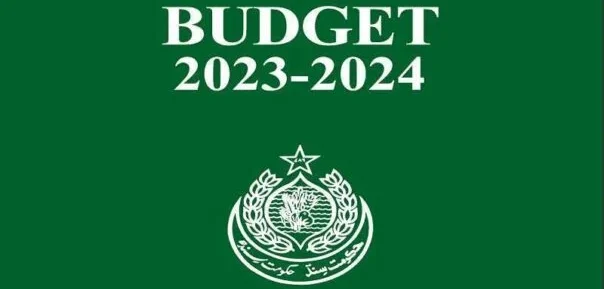Islamabad, 12 June 2025: The upcoming Sindh Budget for the next financial year is expected to be presented in the provincial assembly on Tuesday, outlining a significant development agenda across multiple departments and autonomous bodies.
With a proposed allocation reaching PKR 600 billion for development expenditures alone, the budget signals an ambitious push for sector-wide progress.
As part of the draft allocations under consideration, PKR 13 billion has been proposed for the agriculture sector, while PKR 8 billion may be earmarked for school education.
Forest and environment initiatives are expected to receive PKR 4 billion, whereas health services are likely to be supported with an allocation of PKR 51 billion.
READ MORE: Sindh Govt Launches Education Digitalization Drive
Industrial development is set to receive PKR 4 billion, while irrigation crucial for the province’s agrarian economy is proposed to be allocated PKR 96 billion. Local governance and municipal functions may be granted PKR 13 billion, according to preliminary figures.
The Sindh Budget also includes suggestions for allocating PKR 16 billion to the planning department and PKR 15 billion for general services. Public transport, a growing priority in urban centers, is expected to receive a significant boost with a proposed allocation of PKR 57 billion.
Other notable figures in the proposed framework include PKR 11 billion for the Home Department and PKR 410 million for food security initiatives.
The Works and Services Department responsible for key infrastructure could see one of the highest shares, with PKR 139 billion tentatively set aside.
Additionally, the Information Department may be allocated PKR 270 million to enhance public communication and digital outreach.
READ MORE: https://bloompakistan.com/income-tax-calculator-2025-26/
The Sindh Budget, if approved as outlined, reflects a clear emphasis on infrastructure modernization, public health, agriculture, and transport sectors considered essential for Sindh’s long-term growth.
Provincial officials suggest that the budget framework is designed to be development-driven while balancing fiscal responsibility.









